
Privacy: Google stops transcribing Assistant recordings and Apple stops listening to Siri recordings
Following the revelations that Apple contractors are listening to recordings of things people say to Siri, and Google workers are manually transcribing Assistant recordings, both companies have said they will cease the practice -- at least temporarily.
Both Apple and Google were "listening in" on recordings with a view to improving their respective digital assistants, but privacy concerns have forced them to take action. But while Apple is suspending its "grading" program worldwide, Google is only changing the way it operates in Europe.

Four ways your boss can access your private data
Privacy is a currency these days. With social media, target advertising, and constant connectivity, it’s harder than ever to keep elements of your private life truly private. This crisis of privacy becomes especially concerning in the context of the workplace.
In the old days, it was easy to keep your work life and your personal life entirely separate. Today, those boundaries are blurrier than they used to be, and that fact has led to a big question for many employees: how much of my private data can my boss access?

NordVPN brings WireGuard-based NordLynx to Linux users
NordVPN has announced an important new option for users of the Linux version of its eponymous VPN tool. The company is introducing a new technology called NordLynx which is based on the WireGuard protocol.
The company says that it successfully combines the highspeed connection offered by WireGuard with NordVPN's own privacy-protecting double NAT system.

EU says that websites with Facebook Like buttons are liable for private data sharing
The fingers of Facebook have spread like a cancer across the internet. Even people who have made the conscious decision to boycott the network find it near-impossible to completely avoid its reach thanks to the prevalence of Like buttons.
Now the Court of Justice of the European Union has ruled that websites with embedded Like buttons can be held responsible for the transmission of data to Facebook. This is a particularly important ruling due to the fact that Like buttons can be used to share information about site visitors without the need for the button to be clicked.

Now hiring: Digital voyeurs with flexible morals and a sense of adventure!
Psst! Hey you! Yeah, you! Lurking in the bushes with a camera! Sitting on the park bench with a cocked ear! Riding the subway with an eye on your fellow passengers' phone screens!
Are you tired of struggling to catch a glimpse of other people’s intimate moments? Need something to fill that gaping pit of loneliness and despair you call a "life?" Well, you’re in luck! Because we’ve got the perfect job for you!
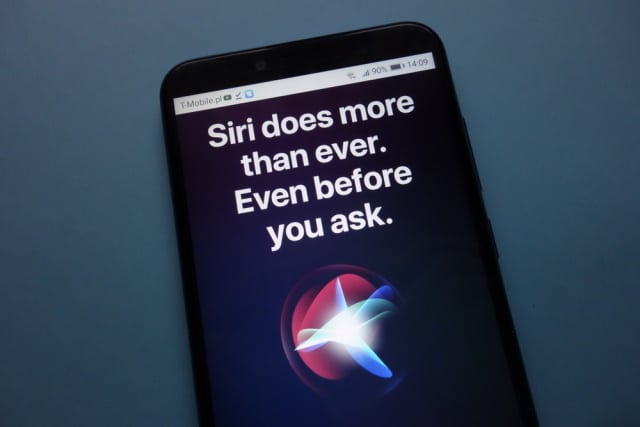
Privacy: Apple workers may well hear all of your sordid secrets via Siri
It's only a couple of weeks since we learned, for certain, that Google is listening to what people say to Google Assistant. Now -- and perhaps surprising no one -- it transpires that Siri is just as much of a privacy invasion.
Just as with Amazon and Google with Alexa and Google Assistant, Apple shares some of the recordings made via Siri with contractors with a view to improving the service. But while it may mean that Siri gets better at responding to queries, it also means that the contractors charged with "grading" Siri's performance "regularly hear confidential details" -- everything from people having sex, to people making drug deals.
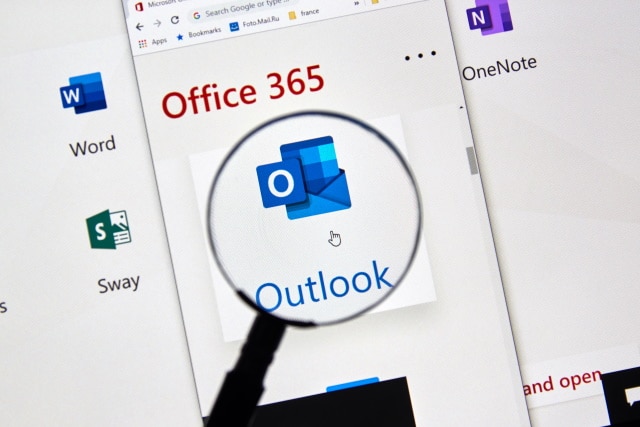
Microsoft's web-based Outlook 365 is leaking users' IP addresses in emails
Anyone using Office 365's webmail component to send emails is unwittingly sharing their IP address with the people they communicate with.
The web-based Outlook 365 inserts the sender's IP address into the header of an email, which makes it stand apart from other webmail services such as Gmail -- and even Microsoft's own Outlook.com. While the injected IP address serves something of a purpose, it's also a privacy and security risk that many users may not be aware of.

Harvard, Puerto Rico and the myth of Internet privacy
"Stupid! You’re so stupid!" That iconic line from the Weird Al Yankovic’s seminal 1989 work, "UHF" (watch the "Wheel of Fish" segment and try not to snort your coffee), is what pops into my mind every time I read about some high profile individual getting outed for saying dumb things in "private" on the Internet.
First off, the belief that anything could remain private on the net is just foolish. Whether you’re an aspiring Harvard freshman who gets his admission rescinded for saying racist things in a closed chat room, or the Governor of Puerto Rico being forced to step down for making dozens of misogynistic and homophobic statements (along with some very real acts of corruption) in a Telegram thread with senior staffers, the truth has a way of surfacing at the worst possible time. And that way is typically someone privy to the conversation objecting to its content and subsequently ratting you out to the world.

Privacy concerns raised that SmartScreen in Edge shares browsing history with Microsoft
A security researcher has revealed that the SmartScreen feature of Microsoft Edge is sharing full URLs of pages visited with the Windows-maker. Also shared are users' account IDs, raising concerns about privacy-invading tracking of browsing history.
SmartScreen is a security feature that Microsoft uses to identify phishing and malware websites, but the lack of obfuscation or anonymization of URLs shared with the company opens ups the potential for invasions of privacy and the revealing of sensitive information.

Slack resets hundreds of thousands of passwords following data breach
Slack has just been made aware of additional information about a security breach that took place back in 2015, forcing the company to reset the passwords of around 1 percent of its users.
The company announced earlier this year that it has a daily userbase of over 10 million people, so this means that a huge number of users are affected by the incident no matter how much Slack tries to downplay it.

Google is closing a Chrome API loophole to make Incognito Mode more secure and private
Following increasing awareness that using Incognito Mode in Chrome can be detected, and it is still possible for sites to track your online behavior when you're using it, Google has announced upcoming changes that will close a loophole.
The update is due at the end of this month and it addresses a chink in the FileSystem API. Google says the change are coming in Chrome 76, and will also make it harder for publishers to determine when people are trying to bypass paywalls.
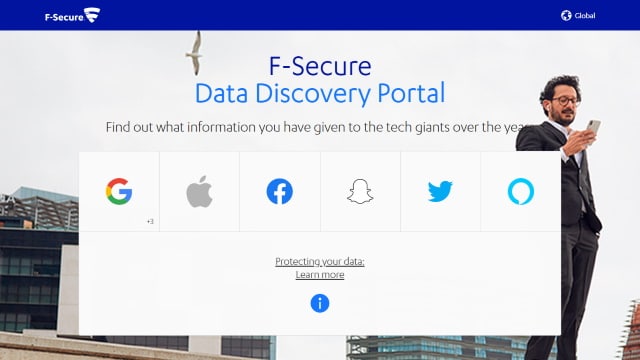
F-Secure's Data Discovery Portal reveals what the big tech companies know about you
In an age where people want -- even expect -- everything for free, particularly online, the price we pay for using various services is our privacy. Social networks are obvious collectors of personal data, but it doesn't end there... and who really knows what information has been collected about them over the years?
This is what F-Secure hopes to cast a light on with its new Data Discovery Portal which aims to "expose the true cost of using some of the web's most popular free services". It covers Amazon, Apple, Facebook, Google, Snapchat and Twitter.
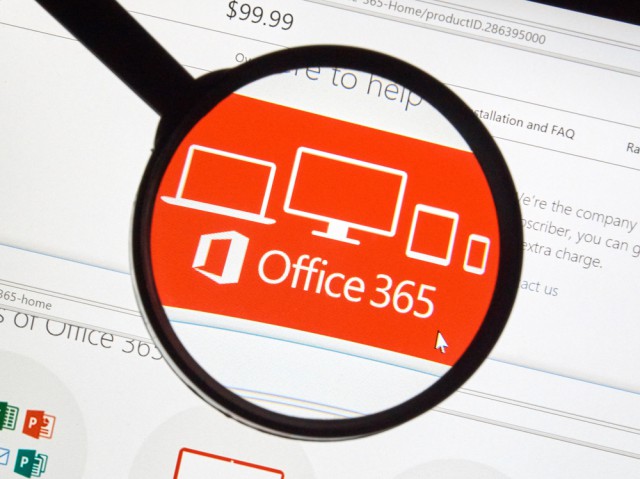
German schools ban Microsoft Office 365 because of privacy concerns
The German state of Hesse has banned schools from using Microsoft Office 365 because it fears the software opens up student and teachers' private information to the risk of "potential access by US authorities".
The Hesse Commissioner for Data Protection and Freedom of Information (HBDI) believes that Office 365 is in contravention of GDPR legislation, and also expressed concerns about the collection of telemetry data by Windows 10.
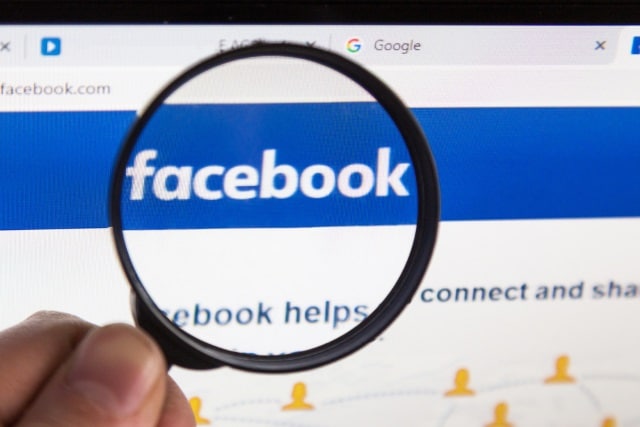
FTC to fine Facebook $5 billion for Cambridge Analytica privacy violations
The Federal Trade Commission has voted to hit Facebook with a $5 billion fine for privacy violations relating to the Cambridge Analytica scandal. While this is the largest fine ever handed out by the FTC, the impact on Facebook's coffers is going to be minimal; this is how much revenue the company generates in a month.
Although the fine has not been officially confirmed -- and neither the FTC nor Facebook are commenting on the matter -- a Friday vote on the fine is said to have gone 3-2 in favor of approving it. The size of the penalty has been described variously as a "parking ticket" and "barely a tap on the wrist". Democrat Senator Ron Wyden reacted by saying: "No level of corporate fine can replace the necessity to hold Mark Zuckerberg personally responsible for the flagrant, repeated violations of Americans' privacy".
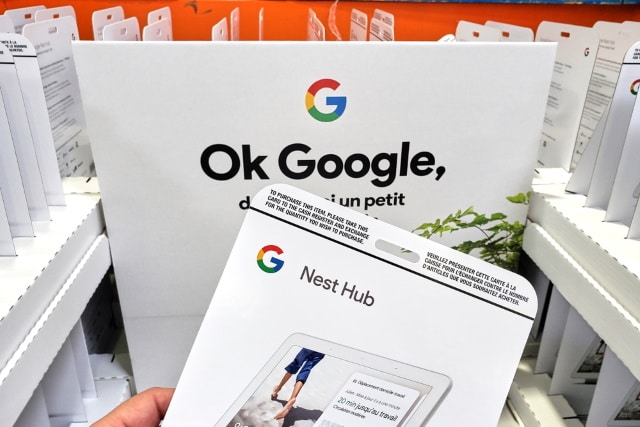
Yes, Google really is listening in on what you say to Google Assistant
You may well have suspected it, but now Google has confirmed it -- contractors for the company are able to listen to what you say to Google Assistant.
The revelation came after recordings of people using the AI-powered digital assistant were leaked. Belgian broadcaster VRT News obtained a large number of Dutch language recordings and was able to hear highly personal information about users -- even if they had not used the "OK Google" trigger words.
